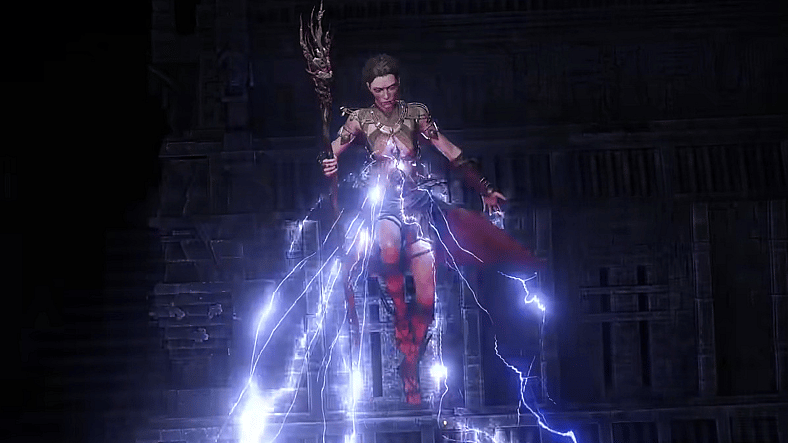US Department Of Defense Officially Designates ‘League Of Legends’, ‘Path Of Exile 2’ Parent Company Tencent As One Of Many “Chinese Military Companies” Operating Within The Country

In the latest escalation of geo-political tensions between the two world superpowers, a routine investigative procedure conducted by the United States’ Department of Defense has resulted in the China-based entertainment conglomerate Tencent being officially identified as one of the many “Chinese military companies” currently operating on Uncle Sam’s home turf.

For those unfamiliar with or in need of a refresher regarding the overtly-bureaucratic mechanics of the American government, to put it extremely succinctly, rather than having free access to Uncle Sam’s bank account, the country’s military, under the general jurisdiction of its Department of Defense, is instead given a yearly and variable operating budget, as determined and approved by Congress.
Prior to 1961, the entire process was handled solely by the respective Appropriations committees of the governing body’s two chambers, the House and the Senate (and prior to 1867, the original Finance Committee). However, in 1961, Congress began making use of the National Defense Authorization Act (NDAA), thus respectively dividing up the duties of budget usage determination and funding between the Senate and House’s individual Armed Services and Appropriations committees.

To this end, when it came to the NDAA for 2021, all four bodies approved the inclusion of a new measure, as derived from an executive order from then-President Donald Trump barring American investment in China’s war fighting industry, requiring the Secretary of Defense to spend the next ten years “identify[ing] each entity the Secretary determines, based on the most recent information available, is operating directly or indirectly in the United States or any of its territories and possessions, that is a Chinese military company” and provide an annual report on their findings.
“The term ‘Chinese military company’ does not include natural persons,” clarified Congress within the Act’s text. “and means an entity that is directly or indirectly owned, controlled, or beneficially owned by, or in an official or unofficial capacity acting as an agent of or on behalf of, the People’s Liberation Army or any other organization subordinate to the Central Military Commission of the Chinese Communist Party; or identified as a military-civil fusion contributor to the Chinese defense industrial base; and engaged in providing commercial services, manufacturing, producing, or exporting.”

And it was in the Secretary’s latest round of determinations, as made publicly available on January 6th, that Tencent Holdings Limited – Perhaps most notable among this site’s readership for their video game-related holdings, which currently include full ownership over such entities as League of Legends developer Riot Games and Path of Exile duology team Grinding Gear Games, as well as a number of partial investments in such studios as Dark Souls series heralds FromSoftware and the ever-flailing Ubisoft – was confirmed to have received the ‘military company’ label.
Unfortunately for those curious, at current, the US government has not disclosed just which aspects of the Chinese corporate giant’s operations have drawn their suspicions, with the Secretary’s official communique on the matter only containing a list of the infringing companies.

For their part, Tencent has rejected the Department of Defense’s findings, telling the press in a written statement, “[our] inclusion on this list is clearly a mistake.”
“We are not a military company or supplier,” they asserted. “Unlike sanctions or export controls, this listing has no impact on our business. We will nonetheless work with the Department of Defense to address any misunderstanding.”

Under the recently passed NDAA for 2024, starting in June 2026, the Department of Defense will no longer be allowed to directly purchase “goods services, or technology to provide a service that connects to the facilities of a third party, including backhaul, roaming, or interconnection arrangements” from Chinese military companies, and will be banned from doing so indirectly the following year.
Whether Tencent will manage to convince the US government to remove them from said list before this ban takes effect remains to be seen.
